Advances in Endodontic Irrigation Techniques
For over 30 years, Global Surgical has been at the forefront of developing innovative technologies to support the evolving needs of dental professionals.
DENTAL MICROSCOPE LEARNING HUB
Posts by:

Todd Lester currently serves as the Vice President of Sales for Global Surgical. He’s been helping dental practices for over 25 years, connecting them with the technology and equipment that drives their practice. Since starting with Global, Todd has helped doctors get started, add value, and expand their practice with dental microscopes.
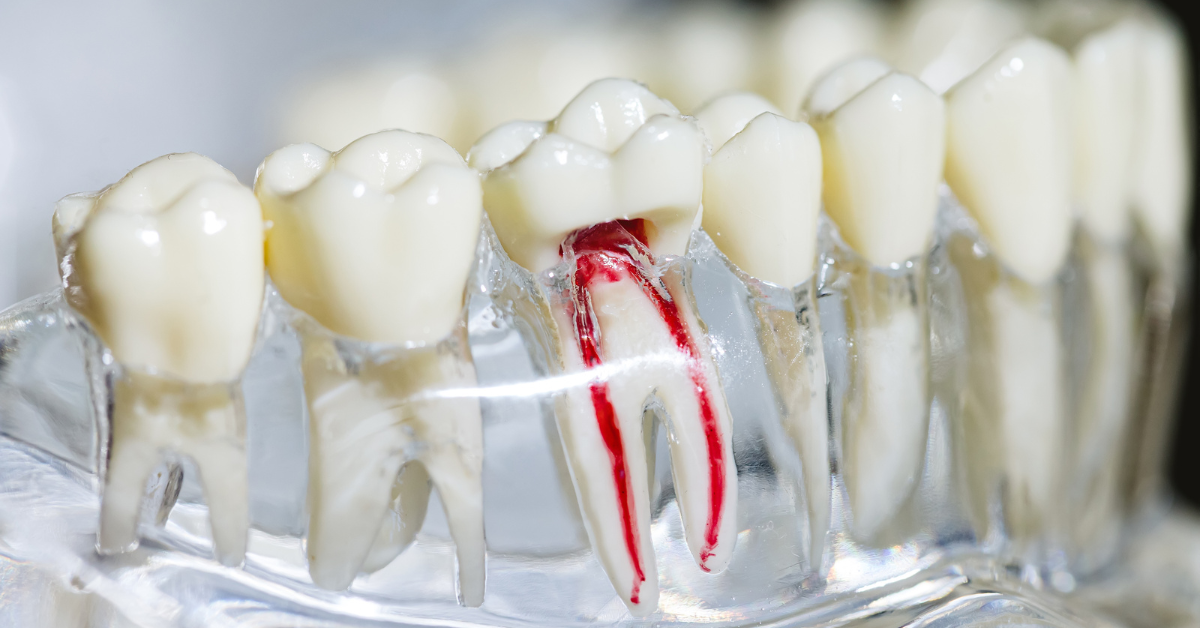
For over 30 years, Global Surgical has been at the forefront of developing innovative technologies to support the evolving needs of dental professionals.

Running a successful endodontic practice requires more than just clinical expertise. In today’s competitive healthcare environment, it’s essential to adopt effective strategies that not only enhance patient care but also boost profitability.
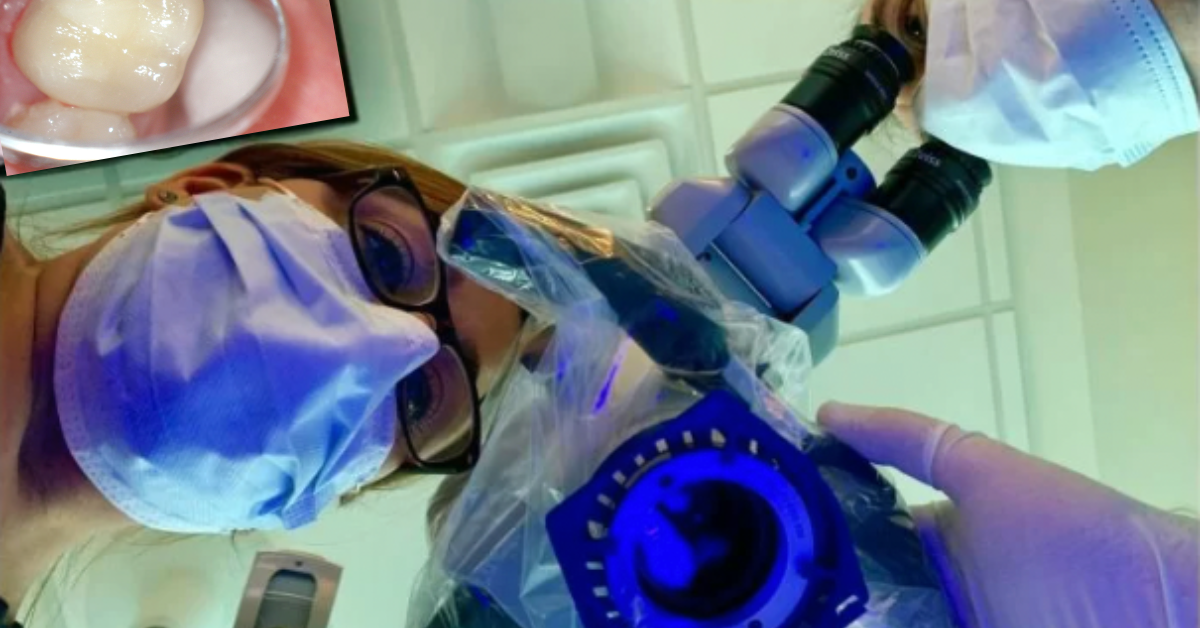
In your line of work, precision requires visualization. After all, your visual feedback will reveal details required to perform your best.

The American Association of Endodontists (AAE) hosts many events aimed at advancing the field of endodontics through education, research, and professional development. Among these, the annual APICES (Advanced Program in Clinical Endodontics) event stands out as a cornerstone for students and educators alike. Designed specifically for endodontic residents, this event provides a unique platform for learning, networking, and professional growth.
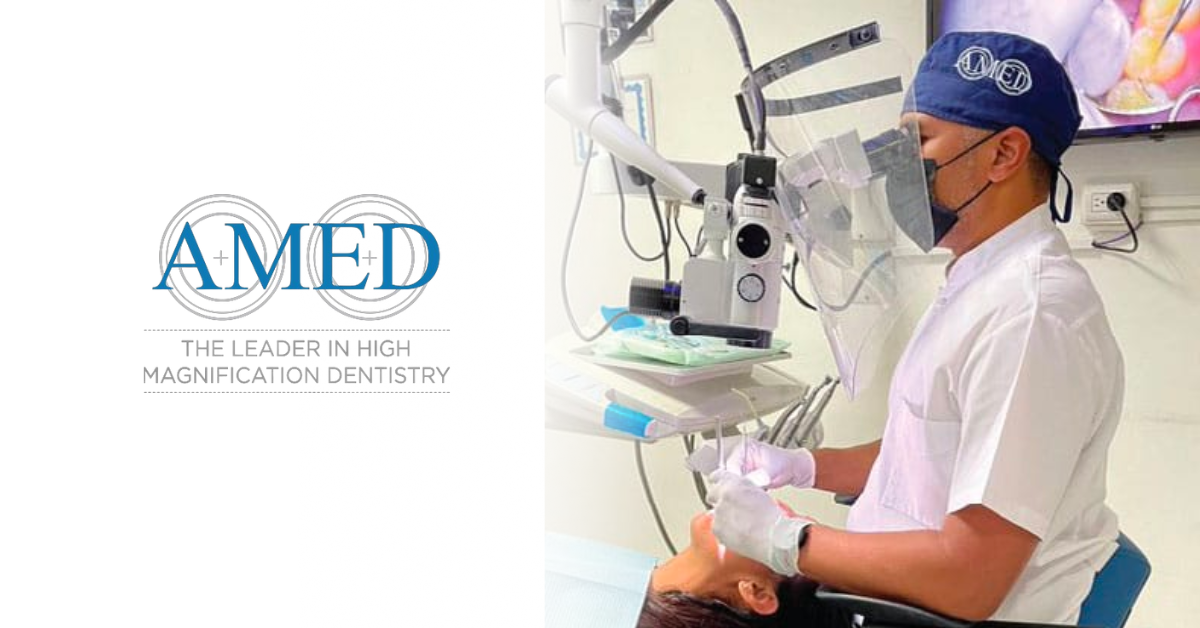
In the evolving field of dentistry, the integration of advanced technologies has significantly transformed how dental professionals diagnose and treat patients. One such transformative technology is the dental microscope, which has revolutionized various dental procedures by providing enhanced visualization and precision.
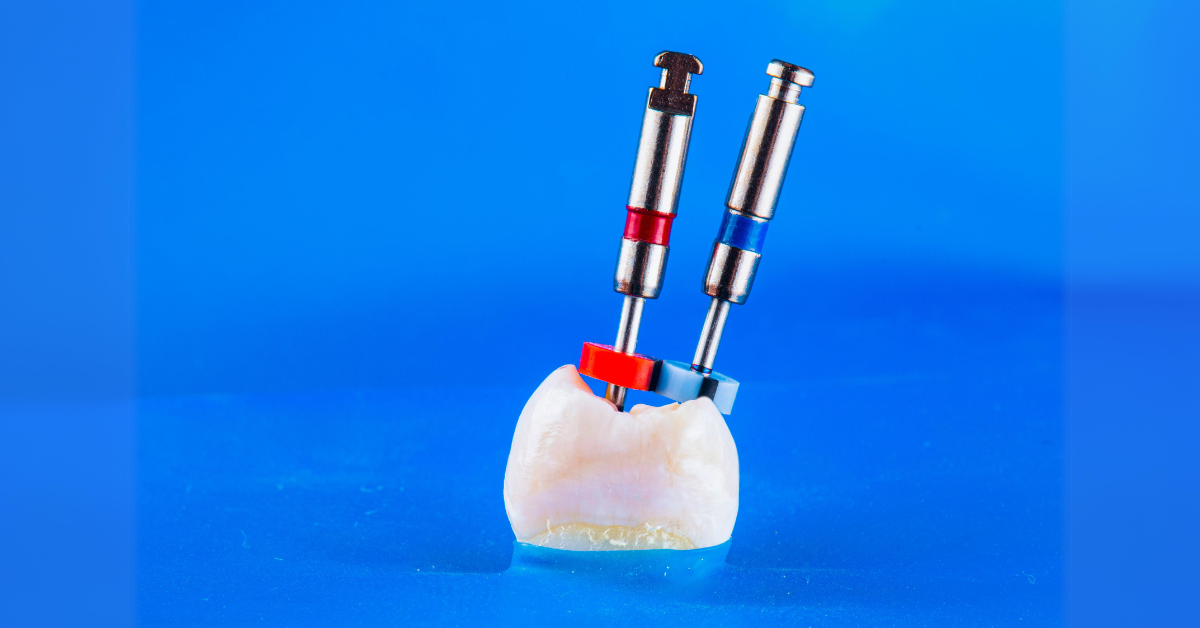
Across the country, GPs are finding success expanding their service offering to perform in-house root canal treatments. If this is a prospect for your practice, you'll need to identify the cases you can support in-house and refer the more complex cases to the local endodontist.

As the global community becomes increasingly aware of the importance of sustainability, industries across the board are re-evaluating their practices to reduce their environmental impact. The field of dentistry is no exception.

In the field of endodontics, the pursuit of excellence is universal. Around the world, dental professionals are dedicated to providing the highest standard of care, guided by evolving technologies, rigorous guidelines, and shared best practices.
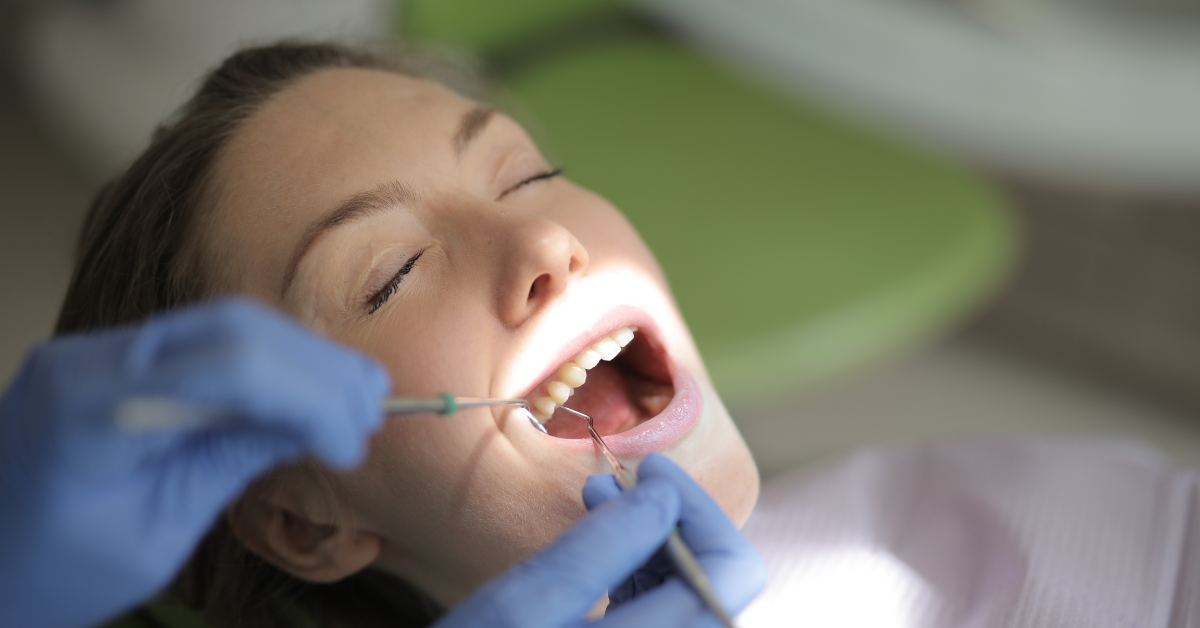
Many doctors are driven by precision. After all, you went to many years of dental school in order to provide leading patient care to your community. The pursuit for precision has lead many dentists researching and learning more about magnification in dentistry as a way to improve their visualization of the oral cavity.
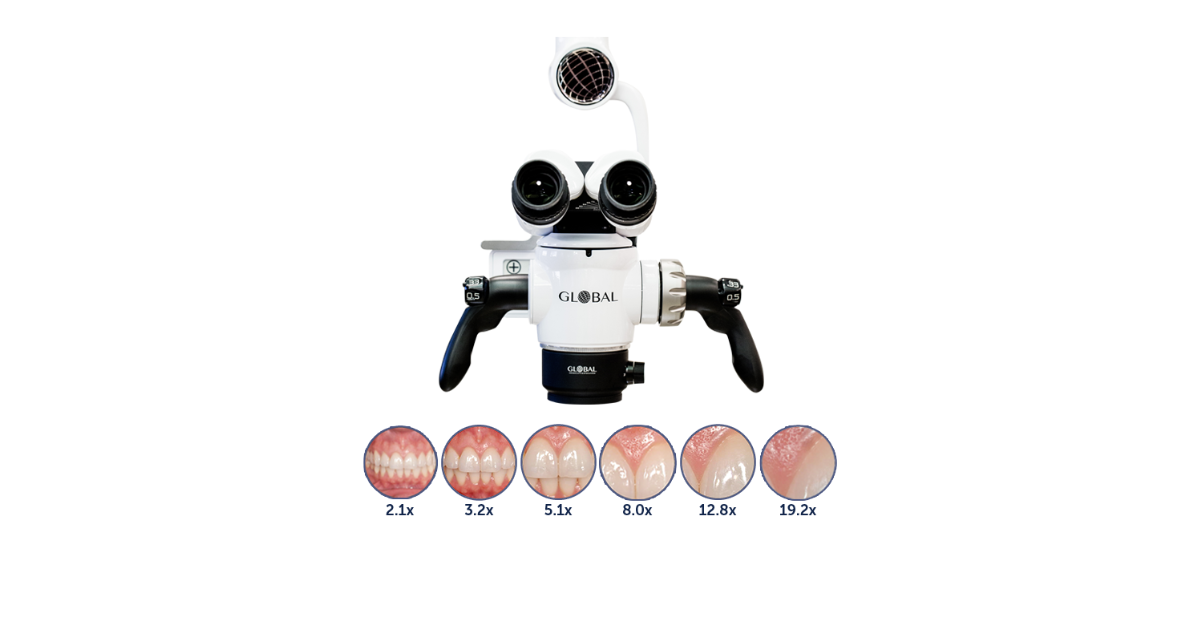
In general dentistry, where a wide variety of treatments are performed, selecting the right level of magnification is important to your success with enhanced visualization.